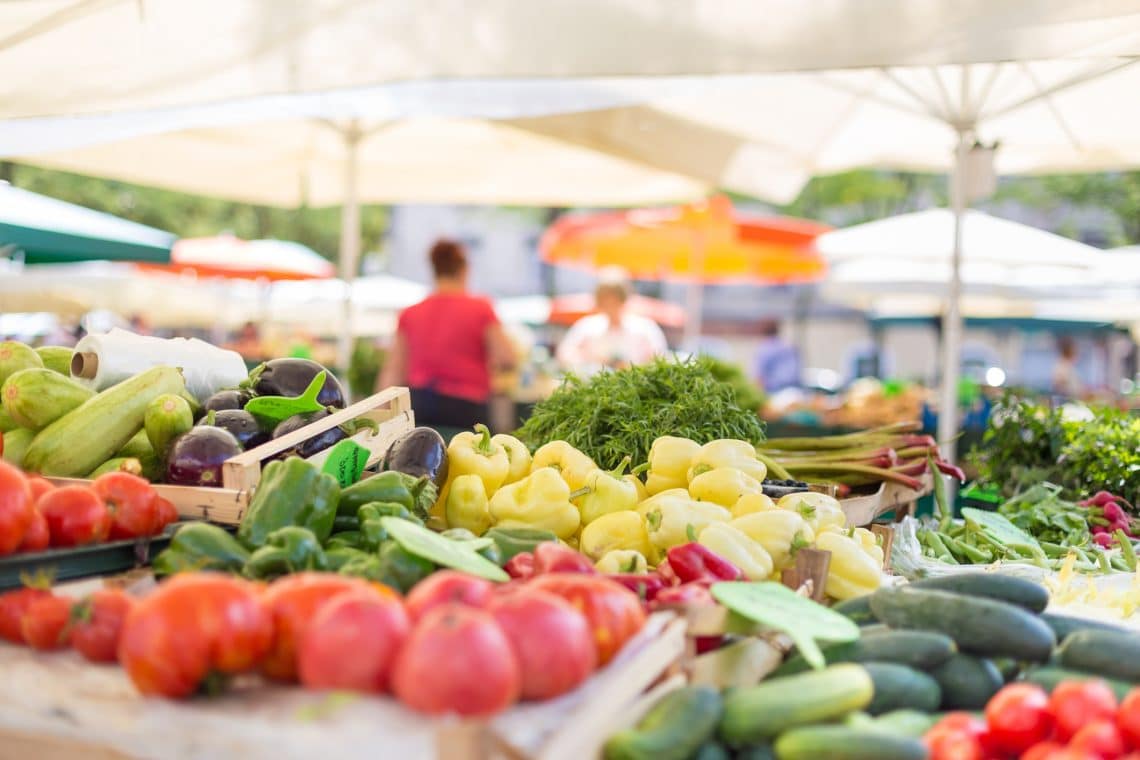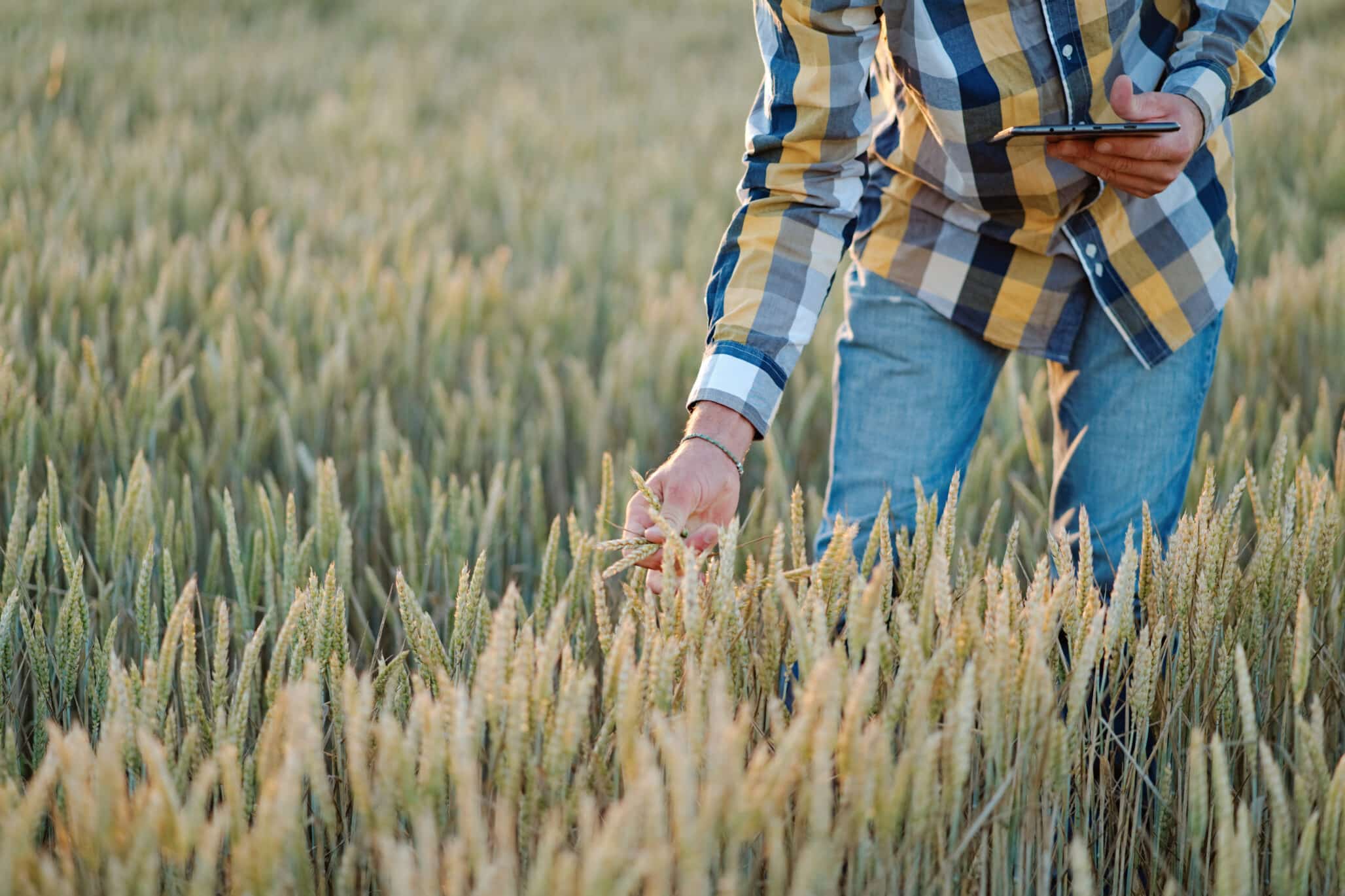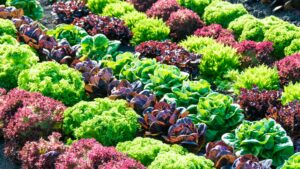CABI has received a $200,000 grant from the Grand Challenges program, an initiative of the Bill & Melinda Gates Foundation, to begin an ambitious undertaking to capture and measure the global impacts of crop pests and diseases with the ultimate aim of helping to improve global food security.
Data and knowledge management experts at CABI will now work with scientists Katherine Denby from the University of York and Sarah Gurr of the University of Exeter, as well as consultant Jeffrey Ried, to develop approaches to measure and estimate the Global Burden of Crop Pests and Diseases.
The grant will enable the team to lay the groundwork for a major initiative to generate comprehensive evidence on the impact of crop pests and diseases, which will be formally launched in 2020 to coincide with the recently declared UN International Year of Plant Health.
Around the world, an estimated 40% of crops are lost to pests, such as the devastating Fall armyworm (FAW), as well as a range of pathogens and weeds.
The threat of plant pests and diseases, exacerbated by climate change, can have a significant impact on staple crops such as maize and wheat, as well as commodity crops such as banana and coffee, thereby resulting in major impacts on household livelihoods, national economies and, ultimately, global food security.
Modelled after the Global Burden of Disease for human health, led by the Institute for Health Metrics and Evaluation (IHME), the Global Burden of Crop Pests and Diseases is an ambitious step change that addresses and urgent need for authoritative evidence on the burden and drivers of major plant health problems. It is positioned in a context of challenging data gaps, for example, in localities where no formal professionals in plant health exist.
Cambria Finegold, global director, Digital Development at CABI, says, “Despite significant impacts on food security, nutrition and livelihoods, data on the scale, scope and trends of the problem are sparse and outdated.
“By developing the Global Burden of Crop Pests and Diseases initiative, we aim to gather sufficient and reliable data to act as evidence to enable the prioritisation of research and policy in plant health and provides the most accurate and relevant information for decision makers to allocate resources between diseases and systematically develop investment in, and capacity of, plant health systems.”
In human health, the Global Burden of Disease initiative has transformed the health policy agenda over the past 25 years, providing comprehensive, authoritative data on the impact of hundreds of health problems and risk factors.
Within the initial 18-month project, CABI will seek to characterise stakeholders’ evidence needs, define rigorous metrics, evaluate relevant methods, assess available datasets, develop a results dissemination framework, and build a global community of research collaborators.
Building upon this foundation, the team will seek further funding to begin the full study in 2020, with an aim to produce the first estimates in 2023 to show the world where investments in plant health can make significant gains.
Finegold adds, “We have identified 2030 as a key year for high-quality crop loss data, as this will allow us to report against both the achievement of Sustainable Development Goal 2: Zero Hunger, and the Bill & Melinda Gates Foundation vision of Africa being able to feed itself by 2030. By bridging the evidence gap in plant health we will enable the world to evaluate progress towards plant health goals and give policymakers the insight they need to prioritize investments towards achieving the 2030 targets.”













